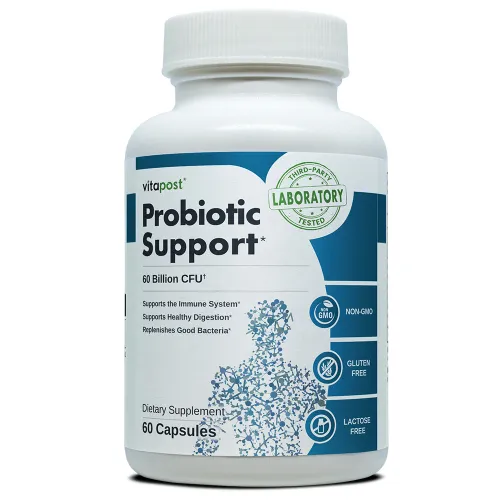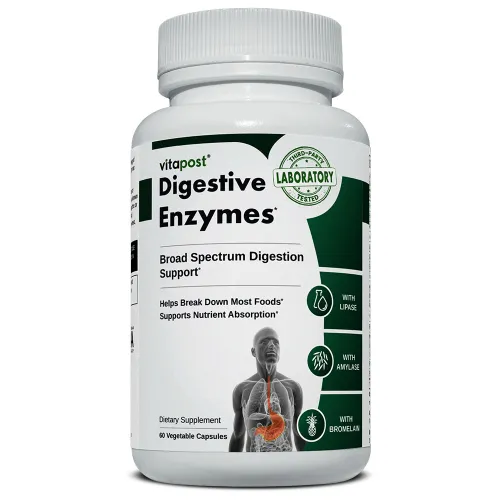The Power of Probiotics: A Comprehensive Guide to Gut Health and the Best Probiotic Supplements
Top Probiotic Supplements:
Hey, folks! Max Cage here, your friendly neighborhood pharmacist. If you’re here, you’ve probably heard the term “probiotics” thrown around a lot lately. Well, you’re in for a treat! Grab your favorite health drink, settle in, and let me take you on a fun journey exploring the wonders of probiotics.
First Off, What Exactly Are Probiotics?
Let’s strip away the jargon. Probiotics are essentially the “good bacteria” that live in our gut. They’re like the friendly neighbors that help maintain a harmonious community in our stomach. They ensure the naughty bacteria don’t overstay their welcome and keep our gut health in check.
Why Are Probiotics a Big Deal?
Our gut does more than just digest food. It affects our immune system, mood, and even our skin health. Probiotics:
- Boost Immunity: They regulate the cells that keep our immune system ticking.
- Digestive Harmony: Say goodbye to bloating, gas, and the dreaded diarrhea.
- Mood and Brain Function: Surprisingly, a healthy gut can influence our mood and brain!
The Best Probiotic Supplements: What to Look For?
It’s a jungle out there with tons of probiotic supplements vying for your attention. Here’s my golden advice:
1. Check the Strains
A top-tier probiotic supplement will list the specific bacterial strains it contains. Common ones include Lactobacillus and Bifidobacterium. Each strain serves a unique purpose, so choose according to your need.
2. CFUs Matter
CFU stands for Colony Forming Units. In simple terms, it’s a way of measuring the number of live organisms in a probiotic. Ideally, you’d want a high count, but not all CFUs are created equal. It’s the quality and the type of strain that truly matters.
3. Expiry Dates
Yes, probiotics are living organisms, which means they can die. Always check for “best by” dates.
4. Storage Guidelines
Some probiotics need to be refrigerated to keep the bacteria alive, while others are okay at room temperature. Always read the label!
Natural Sources vs. Supplements: What’s Better?
As much as I love supplements, I’m all for getting nutrients naturally when we can. Foods like yogurt, sauerkraut, kimchi, and miso are packed with natural probiotics. But let’s be real; it can be tough to get a therapeutic dose from food alone. That’s where supplements can be handy, especially if you’ve been on antibiotics or have specific gut issues.
Possible Side Effects: A Word of Caution
While most people tolerate probiotics well, there can be initial side effects like gas or bloating. Remember, you’re introducing new tenants into your gut community! If you experience severe discomfort, it’s always a good idea to talk to a healthcare professional.
Max’s Final Thoughts
Probiotics, in essence, are a fantastic ally for our health. From digestive harmony to boosting immunity, these tiny warriors do a lot. But, as with anything, it’s essential to stay informed and choose wisely. If you’re in the market for a supplement, do your homework or pop into your local pharmacy and ask – I know I love chatting about this stuff!
Stay healthy, and remember: you don’t just have to listen to your heart; sometimes, it’s essential to listen to your gut too! Cheers to a happier, healthier you! 🌿🥂

